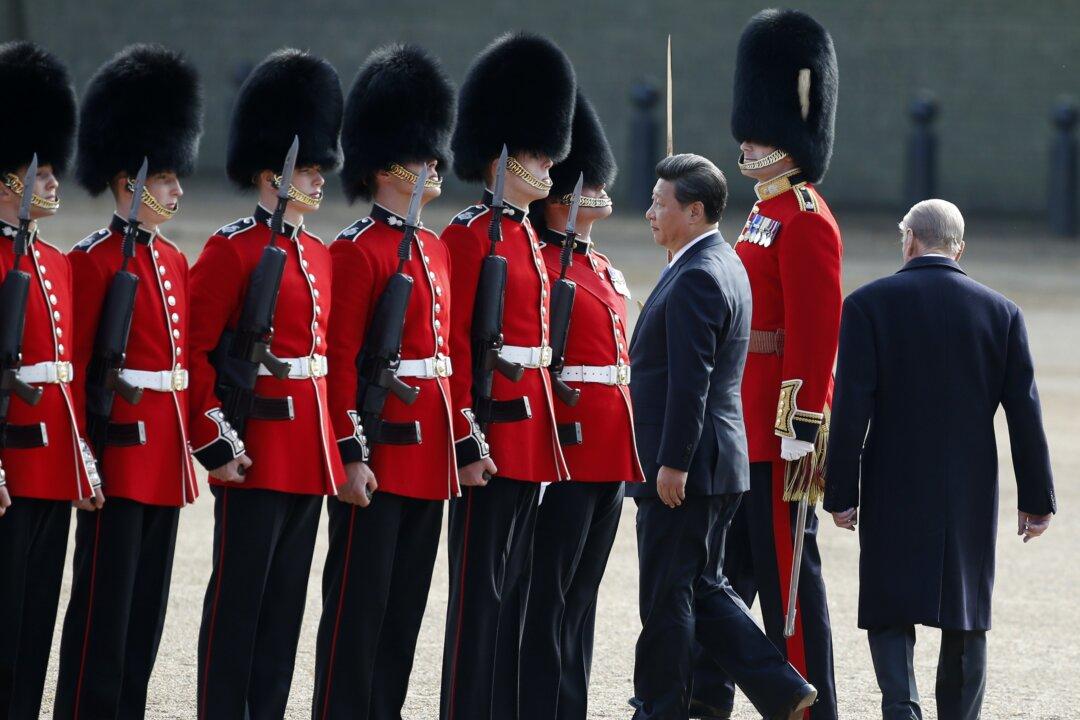Commentary
On May 22, history was made, when the UK Carrier Strike Group embarked on its first-ever mission. With “nine ships, 32 aircraft, and 3,700 personnel,” as Seapower magazine reported, this was the “largest concentration of maritime and air power to leave the U.K. in a generation.” In an op-ed for The Wall Street Journal, James Marson and Max Colchester discussed the significance of the operation, and the ways in which the “British military muscle” would help the United States “counter Chinese influence.”





